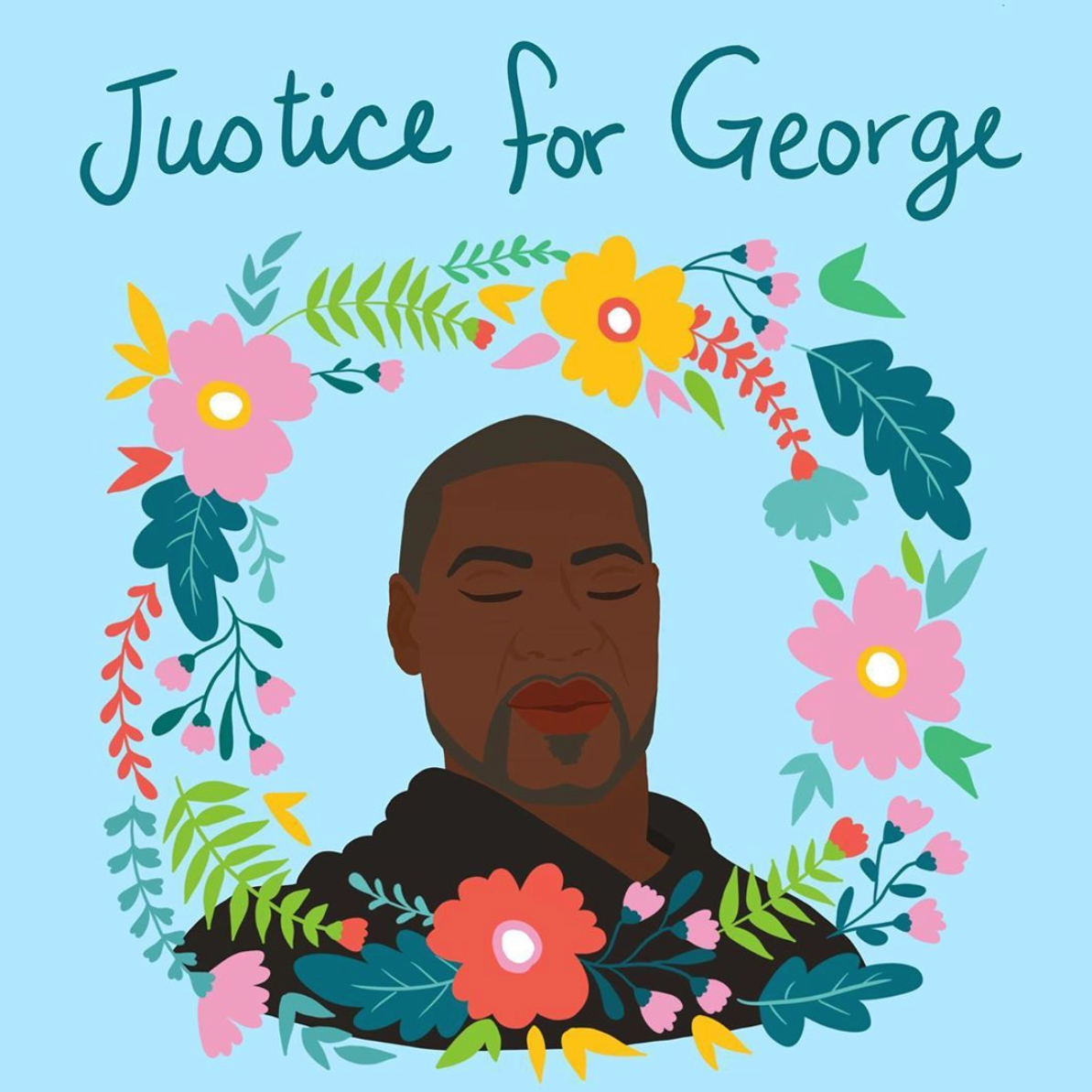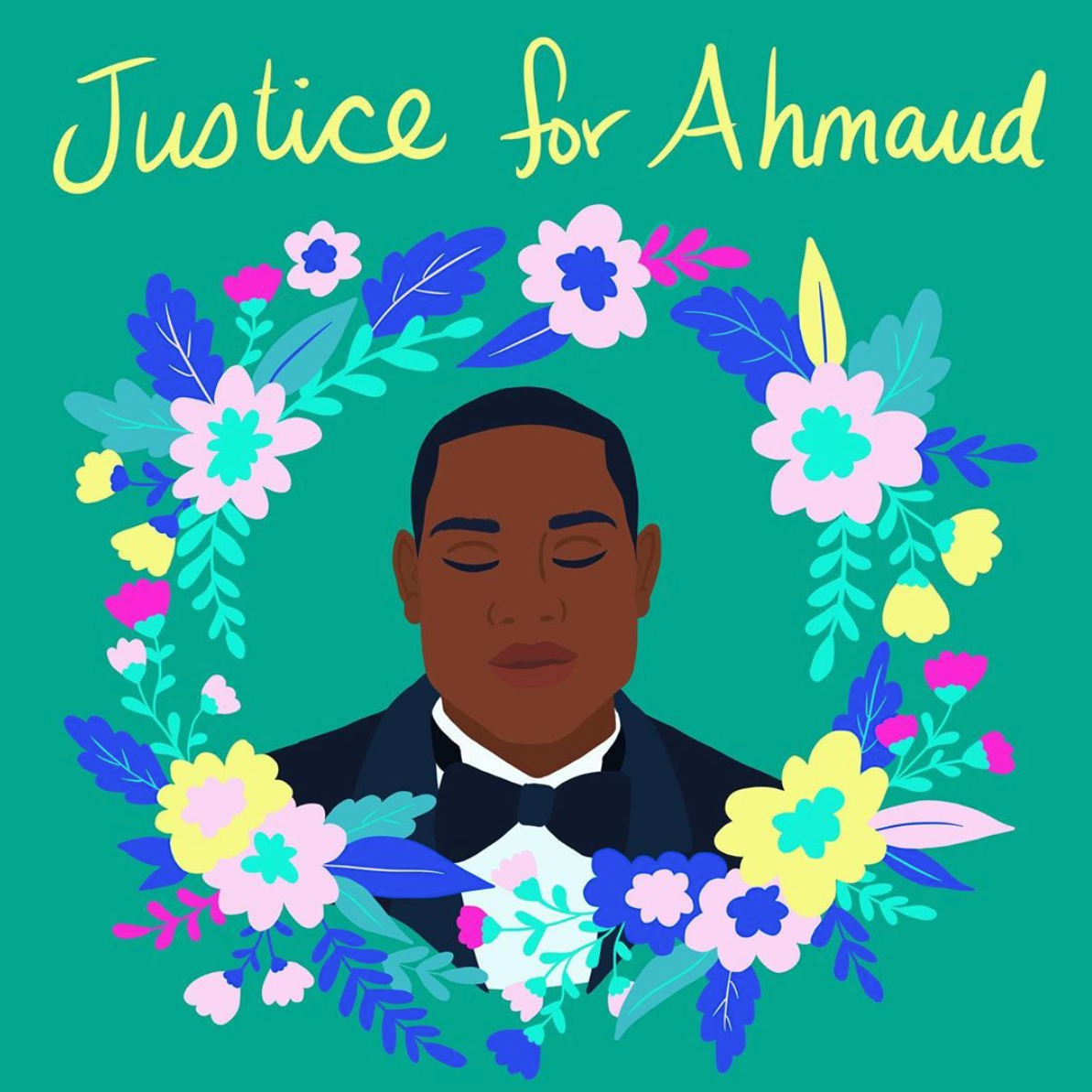We mourn and condemn the murders of George Floyd, Breonna Taylor, Ahmaud Arbery, and the many others who have lost their lives to police violence and racial hatred. We send our heartfelt condolences to their families and the communities that have been impacted by the loss of their loved ones, and commit to working alongside them until there is justice.
The terror, racism, and differential treatment visited upon Blacks in the U.S. on a near daily basis at the hands of multiple systems—law enforcement, education, healthcare, and criminal legal system—are woven into the fabric of American society and culture. We can no longer turn away from the violence, and must commit to doing our part to create a more just and equitable country. Now is the time.
IWPR stands in solidarity with Black women and men, their families, and communities as well as with the protestors who have taken to the streets to demand reform, accountability, equal protection under the law, and above all justice.
We condemn the use of violence and inflammatory rhetoric against protestors. We condemn white supremacy, police brutality, the militarization of the police, and the structural racism embedded in the criminal justice, educational, and heath care systems that have led to instability in Black, Indigenous, and other communities of color.



As an organization, IWPR is responsible for producing much of the research and analysis focused on understanding the economic and lived realities of women and families. As such, we commit to the following:
1. Using intersectional and anti-racist frameworks and approaches in our research to not only understand outcomes, but the historic institutional and structural context for those outcomes as well. Beyond reporting data on Black women and their families and highlighting areas of need, we are committed to identifying connections between present-day outcomes and the legacy of slavery and white supremacy, institutional and structural violence, and the intersectionality of racism and misogyny, or misogynoir.
2. Leading with recommendations grounded in the lived realities and experiences of Black women, their families and other historically disenfranchised communities and that builds a more equitable society. We will work to change economic policies that exacerbate economic inequalities, deepen poverty, compromise educational attainment, increase health disparities, impede economic mobility, and criminalize Black people and their communities.
3. Creating a platform for the voices of Black women who are often silenced, in order to continue the dialogue around important themes highlighted by the protests such as racism, anti-blackness, and police brutality. We will actively partner with other Black leaders, experts, and organizations in our research to ensure we center the voices of Black women and their families.
4. Reflecting internally on our organizational practices, policies and culture to ensure that we do not unwittingly replicate the racialized hierarchies and power systems, injustices and inequities we seek to change. We affirm our commitment to diversity, equity, and inclusion in recruitment, hiring, retention, and promotion as a means to provide meaningful professional growth opportunities for Black women, and women of color.
Our hearts are comforted and we are encouraged by the global outpouring of support for those on the frontlines fighting for racial and social justice, and a better world for all of us. To be certain, all oppression and discrimination are linked—the systems and structures that maintain racial privilege in society are the same systems and structures used to maintain gender, class, heterosexual and other kinds of privilege. We must all do our part to dismantle these systems and to create a more just and equitable world.
In Solidarity,
Nicole, Cyndi, Ryan, Ariane, Jeff, Valerie, Chandra, Federiga, Lindsey, Elyse, Susana, Erika, Lea, Erin, Anna, LaVonda, Tessa, Adiam, and Zohal


